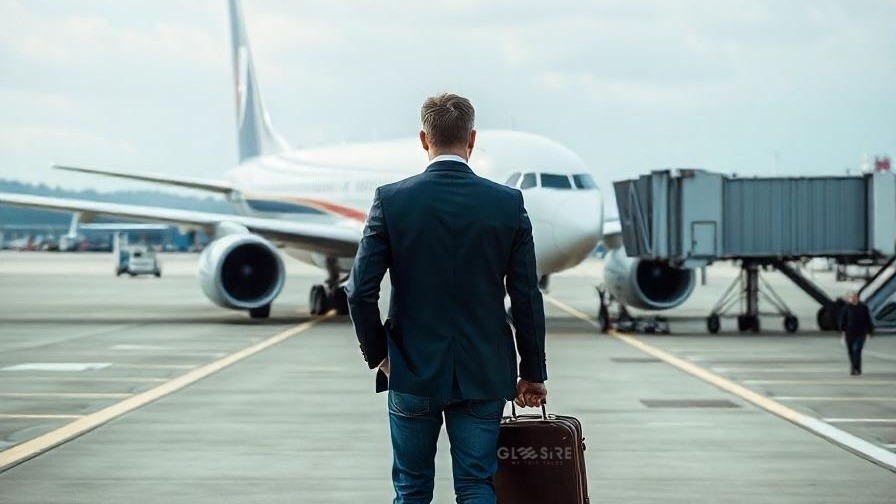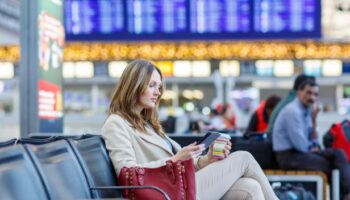Introduction: More Than a Leisure Activity
Travel is often romanticized as a simple escape from routine, a break from the familiar, or a pursuit of leisure. But in truth, travel is so much more than movement from one location to another. It is a profound act of exploration—both outward into the world and inward into one’s self. With each journey we undertake, we expand our horizons, challenge our perceptions, and redefine our understanding of culture, history, and humanity.
This article delves into the deeper value of travel—not just as an activity, but as a transformative experience that shapes minds, fosters empathy, and enriches lives.
The Psychological Benefits of Travel
While travel may begin with curiosity, it quickly transforms into a journey of mental and emotional growth. Immersing oneself in a new environment—especially one vastly different from one’s own—stimulates the brain in powerful ways.
Key psychological advantages include:
-
Enhanced creativity: New stimuli from foreign cultures challenge your brain to think differently and see connections you might otherwise miss.
-
Reduced stress: Travel, particularly in natural environments, has been linked to lower cortisol levels and improved mood.
-
Increased adaptability: Navigating unfamiliar cities, overcoming language barriers, and managing unexpected delays teach resilience and problem-solving.
-
Boosted confidence: Accomplishing even small tasks in foreign settings can offer a profound sense of achievement.
Travel as a Cultural Educator
One of travel’s most valuable aspects is the opportunity to learn about other cultures—not through books or documentaries, but through firsthand experience. Whether it’s sharing a meal with locals in a rural village in Vietnam or observing centuries-old traditions in a Moroccan medina, travel immerses us in living culture.
What cultural travel teaches us:
-
Perspective on lifestyle: You realize that the “normal” you grew up with is not universal, and there are countless valid ways to live life.
-
Language nuances: Even a few words in another language can open doors to deeper human connections.
-
Respect for tradition: Witnessing how communities preserve heritage instills appreciation for diversity and historical continuity.
These encounters don’t just make us more informed travelers—they make us more thoughtful, tolerant global citizens.
Nature’s Classroom: Traveling Through Landscapes
Natural beauty is one of the most immediate and visceral pleasures of travel. Whether it’s hiking in the Swiss Alps, snorkeling in the Great Barrier Reef, or gazing at the Northern Lights, nature has a way of humbling and inspiring us simultaneously.
Traveling through nature can:
-
Rekindle a sense of awe that is often dulled by routine urban life.
-
Teach ecological awareness and respect for the planet.
-
Encourage mindfulness, as one becomes more attuned to the present moment.
Many travelers report that some of their most profound reflections occur while surrounded by mountains, oceans, or desert silence—landscapes that speak without words.
Breaking Monotony and Routine
In modern life, predictability can easily lead to a numbing sense of repetition. The daily grind, however productive, often lacks the vibrancy that new experiences bring. Travel disrupts this pattern. It introduces uncertainty—not in a threatening way, but in a liberating one.
Why disruption is healthy:
-
It reignites curiosity and playfulness.
-
It reorients our sense of time, making each moment feel richer.
-
It allows space for spontaneity and surprise, which are rare in regimented lives.
Even short trips can reset the mind. A weekend getaway to a nearby town can offer as much mental refreshment as a month-long overseas expedition if approached with intention.
The Art of Slow Travel
In contrast to fast-paced tourism, which often reduces destinations to checklist attractions, slow travel emphasizes depth over breadth. It encourages staying longer in one place, engaging with locals, and absorbing the subtle rhythms of everyday life.
The benefits of slow travel include:
-
Deeper cultural immersion
-
Reduced environmental impact
-
Stronger emotional connection with a place
-
More meaningful memories
Whether it’s sipping espresso at the same café each morning in a Tuscan village or volunteering at a local farm in Thailand, slow travel allows for experiences that resonate far beyond the journey itself.
Reconnecting With Oneself
Ironically, it is by stepping away from our lives that we often come to understand them better. Without the usual distractions, obligations, and noise, we hear our own thoughts more clearly.
Travel offers space for:
-
Personal reflection and goal reassessment
-
Creative inspiration
-
Rediscovery of passions or forgotten dreams
Many people return from trips not just with souvenirs, but with a clearer sense of purpose, renewed energy, and a deeper understanding of their own values.
Travel in the Modern World: Privilege and Responsibility
In today’s globalized era, travel is more accessible than ever—but it also comes with ethical considerations. As travelers, we must be mindful of our impact on the environment, local economies, and indigenous cultures.
Tips for responsible travel:
-
Support local businesses over international chains.
-
Minimize waste and use sustainable transport where possible.
-
Show cultural sensitivity by learning about customs and etiquette.
-
Respect sacred sites and local traditions.
Travel should not be an extractive activity. It should be a respectful exchange, where both traveler and host community benefit.
Conclusion: A Journey Without End
Travel is not a finite event—it’s a continuous journey of discovery. The places we visit leave lasting imprints on our minds and hearts, shaping who we are long after we return home. In a world increasingly divided by borders, ideologies, and misunderstandings, travel serves as a bridge—connecting people, fostering empathy, and reminding us of our shared humanity.
As the French novelist Gustave Flaubert once wrote, “Travel makes one modest—you see what a tiny place you occupy in the world.” But within that humility lies the power to grow, connect, and transform.
So pack your bags—not just for escape, but for enlightenment. The world awaits, and in exploring it, you may just find the most compelling destination is a better version of yourself.






